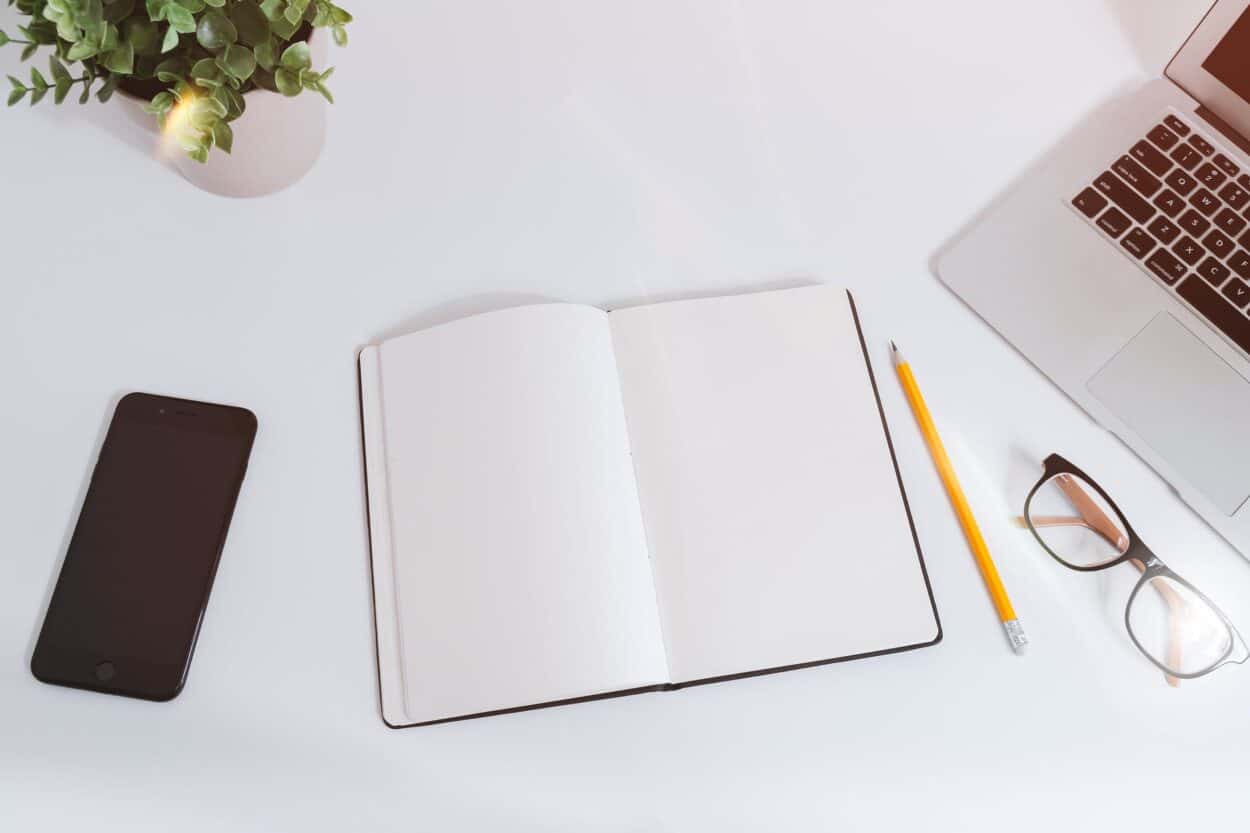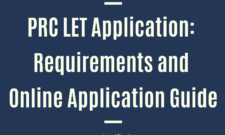If you find yourself lost every exam season, then maybe it’s time for a change. Why not practice effective study habits for yourself?
Here are some ways to help you study more effectively, build good habits, and face your next final with confidence.
Watch: Related Video
7 Study Habits Of Successful & Effective Students 📝
1. The opposite of an effective study habit is cramming.
It’s definitely easier said than done, but the most effective study habit is to stop cramming. It will make your student life a lot less complicated. All you need to do is prepare ahead of time for your tests. Don’t wait until the few days or hours before the exam to look back at your notes. Try and skim over them regularly during the semester to refresh your mind and be more familiar with the concepts. In the month or a couple weeks before your big exam, make sure to study a little bit more seriously.
2. Make it a habit to stay organized.
Do your best to keep all the handouts and material from your teachers and keep them all in one place. This includes the course syllabus and whatever quizzes or exams you have. Build a habit of taking a look at these with your review, since it could help guide you with what to focus on when studying.
3. Set study schedules with specific goals.
During the few weeks leading up to exams, you want to review more seriously. Ensure that you allot time for specific chapters or units that you need to revisit. This will make studying have more structure, and you have a guide for what you need to accomplish. If you reach your goal, you can treat yourself to a piece of chocolate or some ice cream. This makes you more motivated and less likely to procrastinate.
4. Review as frequently as possible.
The more you study, the easier it will be to recall information during your exam. Reading your notes repeatedly over a period of time is more effective than reading it all in one night. It will help you so much if you make an effort to study as often as you can.
5. Take good notes.
Your notes can make or break your effective study habits. It is so much better if your notes are made throughout the semester and you can revisit them when you need to study. Make sure they are legible and understandable enough to you that you can recall most of the lesson when you skim over them.
6. Stay away from distractions.
When you study, make sure nothing can break your flow. Put your phone out of your immediate reach, have non-disrupting music if you need and make sure you are in a space that is comfortable enough for you to work. If you are with a study buddy, then make sure one of you has enough discipline to actually review in case anyone starts getting distracted.
7. Answer different questions.
It normally helps to have a study buddy, to ask each other questions, but if that is not available, you can ask yourself questions or do some practice problems. It’s a good way to see if you are actually retaining information and that you can apply the knowledge you have in the coming exam
8. Take mindful breaks.
During your more intense study sessions, make sure to be mindful of what you are feeling. If it starts to seem like the words and concepts aren’t making sense, it is as important of a study habit to remember to take breaks. When making your study schedule, try to insert a 10-20 minute break in between a couple hours of studying. You can stretch, do a quick 10-minute guided meditation, or have a snack or a drink of water. Just be sure to stay mindful and not extend too much of your break into your study time.
TIP: An accountancy professor recommended to wash our face and brush our teeth while studying. She also suggested taking a quick walk for around 15-20 minutes and then coming back to the study material.
Hopefully this gets you in the mindset to build better study habits to prepare for the next exam season.
Do you have any other tips?
Join our discussion on Learning Board or Write Articles.










